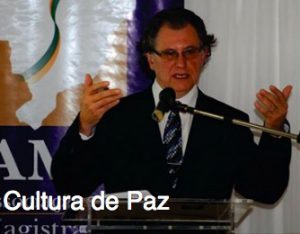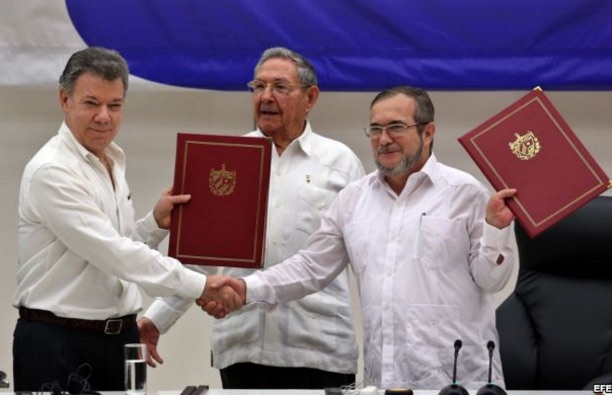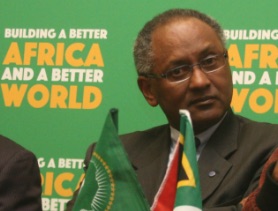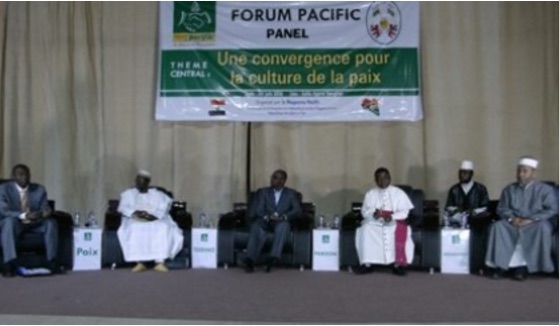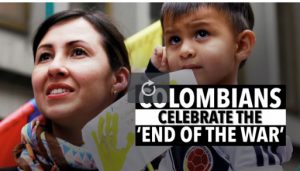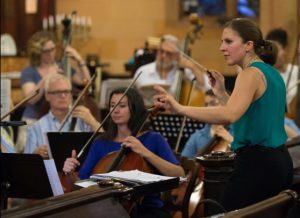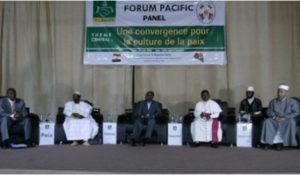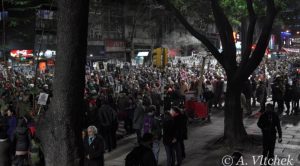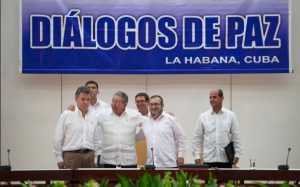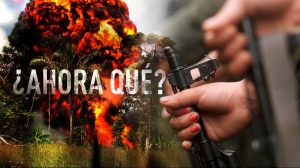DISARMAMENT & SECURITY .
An article by the delegation currently visiting Russia from the Center for Citizen Initiatives
We are a group of concerned U.S. citizens currently visiting Russia with the goal of increasing understanding and reducing international tension and conflict. We are appalled by this call for direct U.S. aggression against Syria, and believe it points to the urgent need for open public debate on U.S. foreign policy.
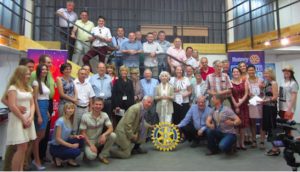
Click on photo to enlarge
On June 16, the New York Times reported :
“More than 50 State Department diplomats have signed an internal memo sharply critical of the Obama administration’s policy in Syria, urging the United States to carry out military strikes against the government of President Bashar al-Assad to stop its persistent violations of a cease-fire in the country’s five-year-old civil war.
The memo, a draft of which was provided to The New York Times by a State Department official, says American policy has been “overwhelmed” by the unrelenting violence in Syria. It calls for “a judicious use of stand-off and air weapons, which would undergird and drive a more focused and hard-nosed U.S.-led diplomatic process.”
We are a group of concerned U.S. citizens currently visiting Russia with the goal of increasing understanding and reducing international tension and conflict. We are appalled by this call for direct U.S. aggression against Syria, and believe it points to the urgent need for open public debate on U.S. foreign policy.
We note the following:
(1) The memo is inaccurate. There is no ‘cease-fire’ in Syria. The ‘cessation of hostilities’ which was agreed to has never included the major terrorist groups fighting to overthrow the government in Syria. This includes Nusra (Al Qaeda), ISIS and their fighting allies.
(2) A U.S. attack on Syria would be an act of aggression in clear violation of the UN Charter. (Ref 1)
(3) The supplying of weapons, funding and other support to armed groups fighting the Syrian government is also a violation of international law. (Ref 2)
(4) A U.S. attack on Syria would lead to more bloodshed and risk potential military confrontation with Russia. With arsenals of nuclear weapons on both sides, the outcome could be catastrophic.
(5) It is not the right of the USA or any other foreign country to determine who should lead the Syrian government. That decision should be made by the Syrian people. A worthy goal could be internationally supervised elections with all Syrians participating to decide their national government.
(6) The memo reportedly says, “It is time that the United States, guided by our strategic interests and moral convictions, lead a global effort to put an end to this conflict once and for all.” Similar statements and promises have been made regarding Afghanistan, Iraq and Libya. In all three cases, terrorism and sectarianism have multiplied, the conflicts still rage, and huge amounts of money and lives have been wasted.
In light of the above, and the danger of escalating global conflict:
We urge State Department officials to seek non-military solutions in conformity with the U.N. Charter and international law.
We urge the U.S. Administration to stop funding and supplying weapons to armed ‘rebels’ in violation of international law and end the policy of forced “regime change”.
We call for an urgent nation-wide public debate on the U.S. policy of “regime change”.
(See right column for delegation members)
Question related to this article:
Discussion: How can there be a political solution to the war in Syria?
(continued from left column)
The Center for Citizens Initiative (CCI) delegation currently visiting Russia includes:
Ann Wright, retired United States Army Colonel and U.S. State Department official. Ann received the U.S. State Department Award for Heroism in 1997 after helping evacuate several thousand persons during the Sierra Leone Civil War. She was one of three U.S. State Department officials to publicly resign in direct protest to the 2003 invasion of Iraq.
Elizabeth Murray, retired Deputy National Intelligence Officer for the Near East in the National Intelligence Council. She is a member of Veteran Intelligence Professionals for Sanity (VIPS) and the Sam Adams Associates for Integrity in Intelligence.
Raymond McGovern, retired CIA analyst (1963 to 1990) who worked in the Washington, DC White House and prepared daily briefs for seven Presidents. In the 1980s Ray chaired the National Intelligence Estimates and the U.S. Presidents’ Daily Briefs. Ray is the founder of Veteran Intelligence Professionals for Sanity (VIPS).
Kathy Kelly, peace activist, pacifist and author. She is a founding members of Voices in the Wilderness and is currently a co-coordinator of Voices for Creative Nonviolence. Kathy has traveled to Iraq 26 times, notably remaining in combat zones during the early days of the US-Iraq wars. Her recent work took her to Afghanistan and Gaza.
David Hartsough, co-founder of the Nonviolent Peaceforce and the “World Beyond War.” David is a life-long peace activist, peace maker, and author “Waging Peace: Global Adventurers of a Lifelong Activist.”
William H Warrick III, retired Family Physician and 25-year member of Veterans For Peace. Former US Army Security Agency Intelligence Analyst (1968 – 1971).
Sharon Tennison, President and Founder of the Center for Citizen Initiatives. Sharon has 33 years of experience working in USSR/Russia (1983 to present).
Robert Alberts, MBA, Accountant. Bob volunteers with Voices for Creative Nonviolence.
Peter Bergel, Oregon PeaceWorks Board member and PeaceWorker news magazine editor.
Karen Chester, optometrist by vocation and a peace activist volunteer for two decades. Karen’s greatest concern has been and is the plight of Central American peoples, supporting those who come to the U.S. fleeing violence and poverty.
Jan Hartsough is an educator and community organizer. Jan worked for American Friends Service Committee (Quakers) for many years and currently works at the grassroots level to help African women gain access to safer water.
Paul Hartsough, Ph.D., clinical psychologist. Paul focuses on conflict resolution and how we can survive as one global family in the nuclear age.
Martha Hennessy, retired occupational therapist. Martha volunteers at the New York Catholic Worker.
Bob Spies, website developer, technical support volunteer for CCI, and activist for a number of non-violent causes. Bob previously was a participant in Beyond War.
Rick Sterling , retired aerospace engineer, Vice-Chair Mt. Diablo Peace & Justice Center, co-founder Syria Solidarity Movement, Board President Task Force on the Americas.
Hakim Young is a Singaporean medical doctor who lives in Afghanistan part of the year. He is active with Afghan Peace volunteers and is deeply concerned about US-Russia relations.
References:
(1) UN Charter Preamble: “All Members shall refrain in their international relations from the threat or use of force against the territorial integrity or political independence of any state, or in any other matter inconsistent with the Purposes of the United Nations”. The first purpose of the United Nations is “To maintain international peace and security, to take effective collective measures for the prevention and removal of threats to the peace, and for the suppression of acts of aggression or other breaches of the peace.”
(2) On June 27, 1986 the International Court at the Hague issued its legal ruling in the case of Nicaragua vs. United States. The ruling was as follows:
Decision of the International Court at the Hague
Decides that the United States of America, by training, arming, equipping, financing and supplying the “contra” forces or otherwise encouraging, supporting and aiding military and paramilitary activities in and against Nicaragua, has acted, against the Republic of Nicaragua, in breach of its obligation under customary international law not to intervene in the affairs of another State.
By “training, arming, equipping, financing and supplying” the military rebel groups waging war against the Damascus government, the US and “friends” are committing the same crime that the USA was responsible for committing against Nicaragua in the 1980’s.
